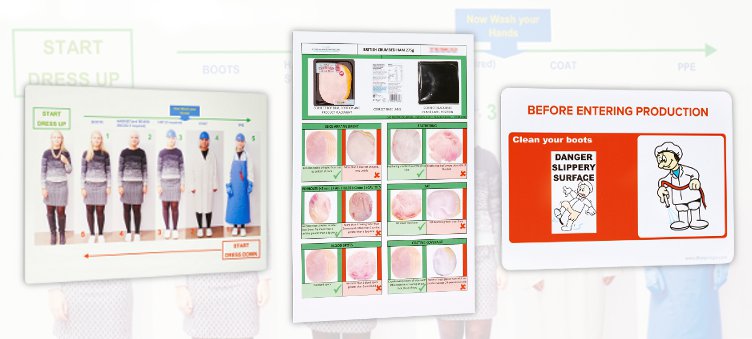The site's senior management shall ensure that all employees are aware of their responsibilities. Where documented work instructions exist for activities undertaken, the relevant employees shall have access to these and be able to demonstrate that work is carried out in accordance with these instructions.
Clause 1.2.2 from V7 of the BRC Global food safety standard

When the big day comes and the inspectors are in town, they will be checking to see whether all employees are aware of their tasks, ensuring that procedures are being followed and that they understand their legal responsibilities. Below, we have broken down a couple of steps you need to know and implement to ensure that when you receive an inspection visit, your staff pass with flying colours!
Train, train and train again
They say practise makes perfect and in this case, it certainly rings true. Make sure all staff understand your processes, protocols and controls. Rehearse different scenarios regularly so staff know how to react is a great exercise to regularly undertake. This can help prepare for the unexpected and staff will be ready to respond if something goes wrong.
Coaching of key staff, especially those more likely to be questioned, such as those monitoring CCP’s or performing quality or food safety checks or processes, can be extremely valuable and beneficial” - 1.2.2
Allocate responsibility
For your allergen controls to be successful, buy-in from your whole team is required. But you should still designate key responsibilities to specific members of staff. Accountability gets results. This also will enable you to feel safe in the knowledge that certain areas are being cared for and you know who to turn to when necessary. For each area of responsibility, make sure you have a minimum of two trained staff on each shift. You need to be able to cover holidays, illness or unexpected absenteeism. Make sure all staff can see who is responsible for what on a shift-by-shift basis - using a notice board in the staff room, for example.
Remember:
Reinforce the link between consumer safety and the success of your company.









